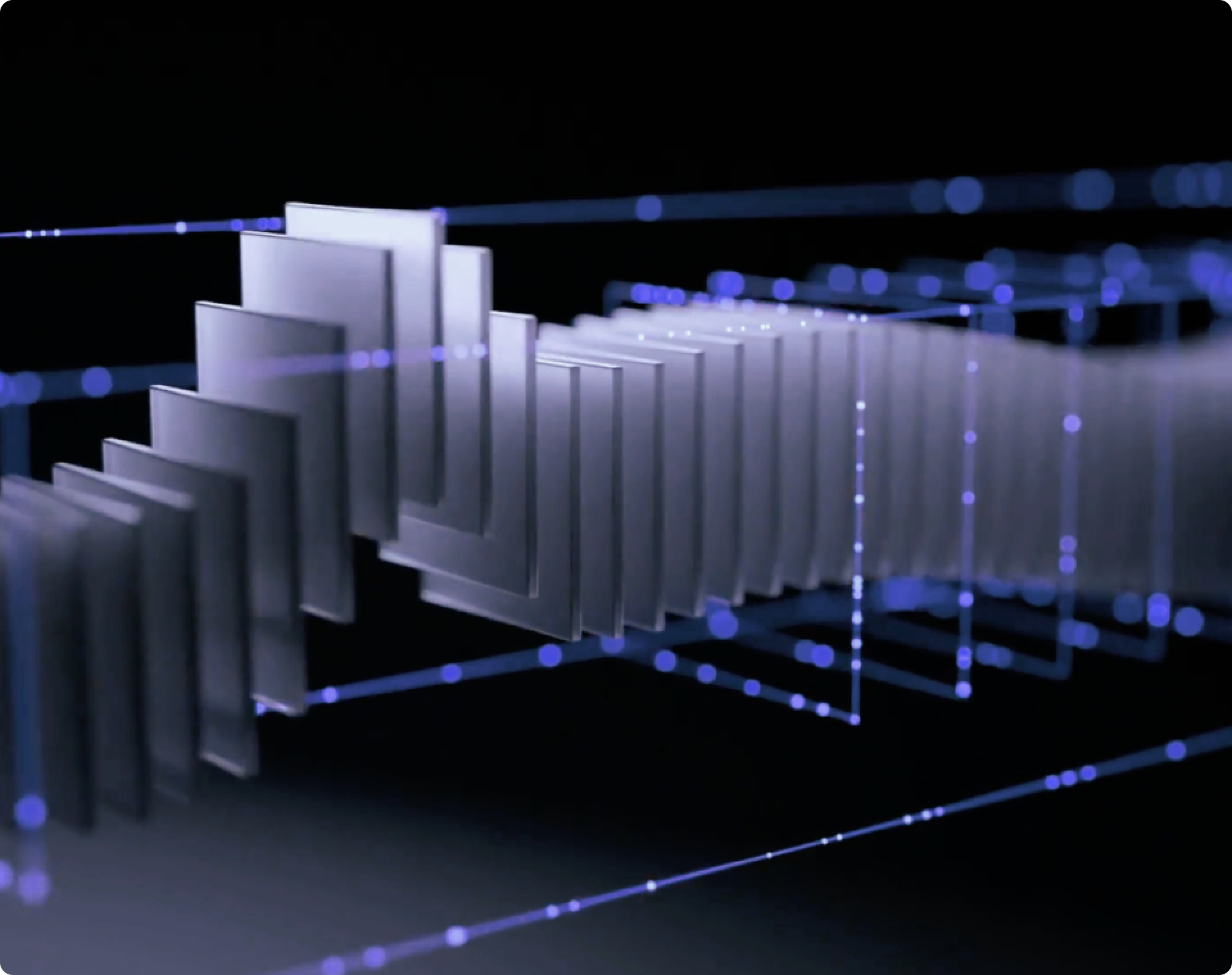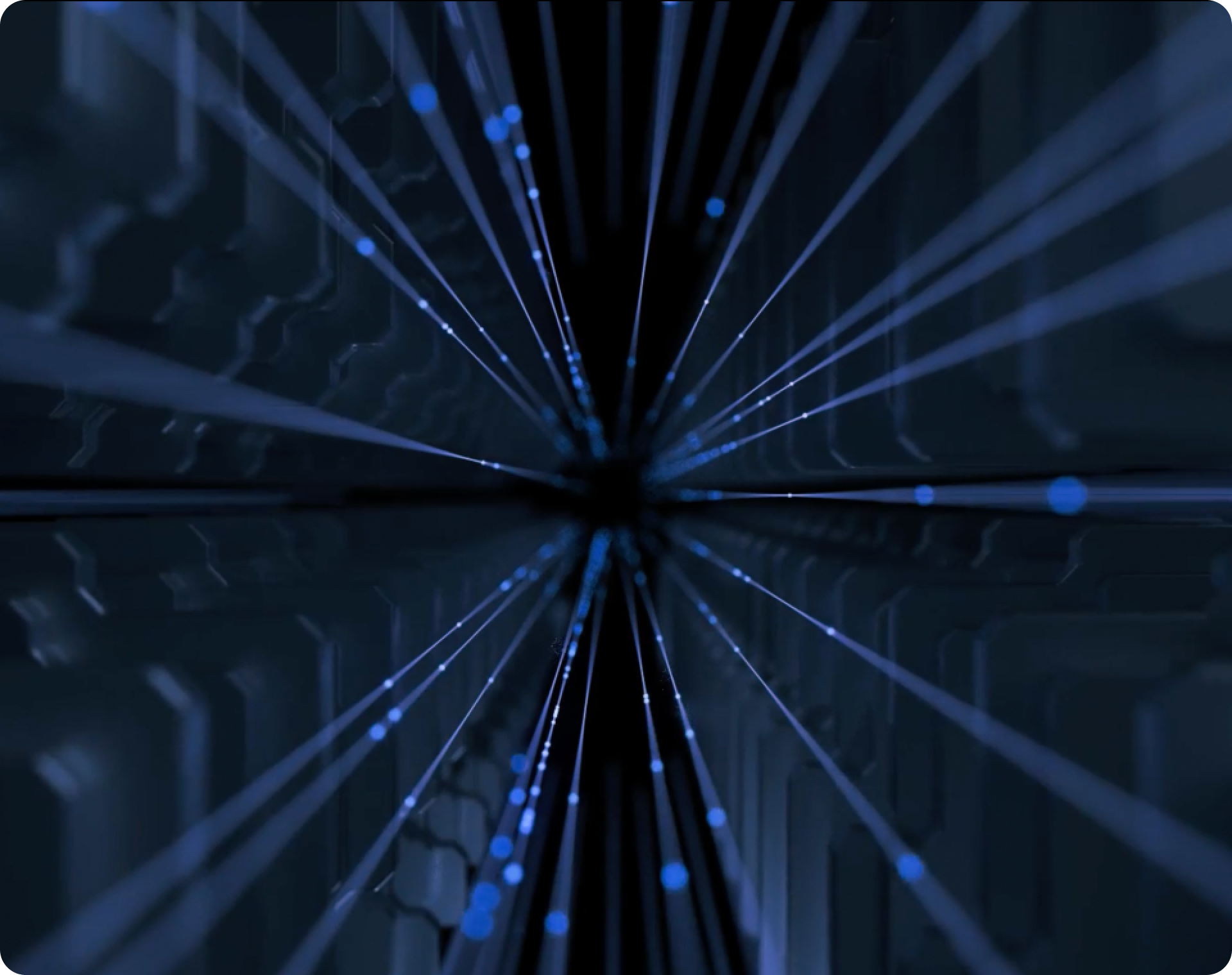Key Features
On-Chain Identity
Unibase ensures that every AI agent has a secure, verifiable on-chain identity, enabling trust and transparency across platforms.
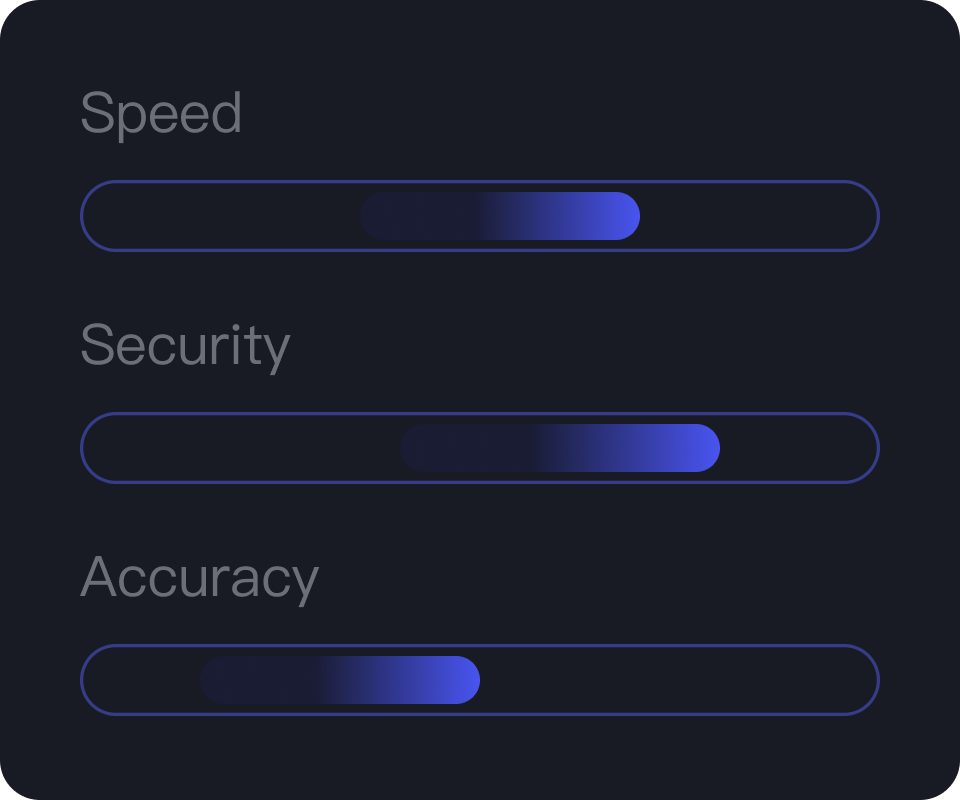
Decentralized Memory
Unibase offers decentralized, scalable long-term memory storage, allowing AI agents to retain and build upon knowledge over time.
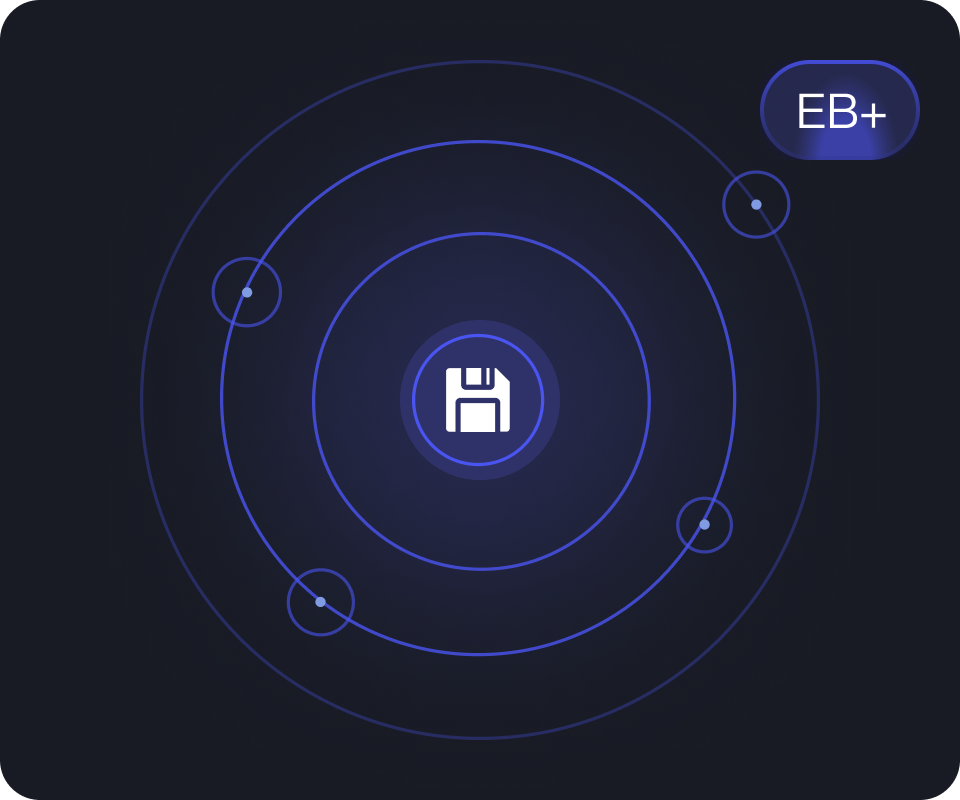
Multi-Agent Interoperability
Unibase supports seamless interaction and knowledge sharing between multiple agents, facilitating cross-platform collaboration and communication.
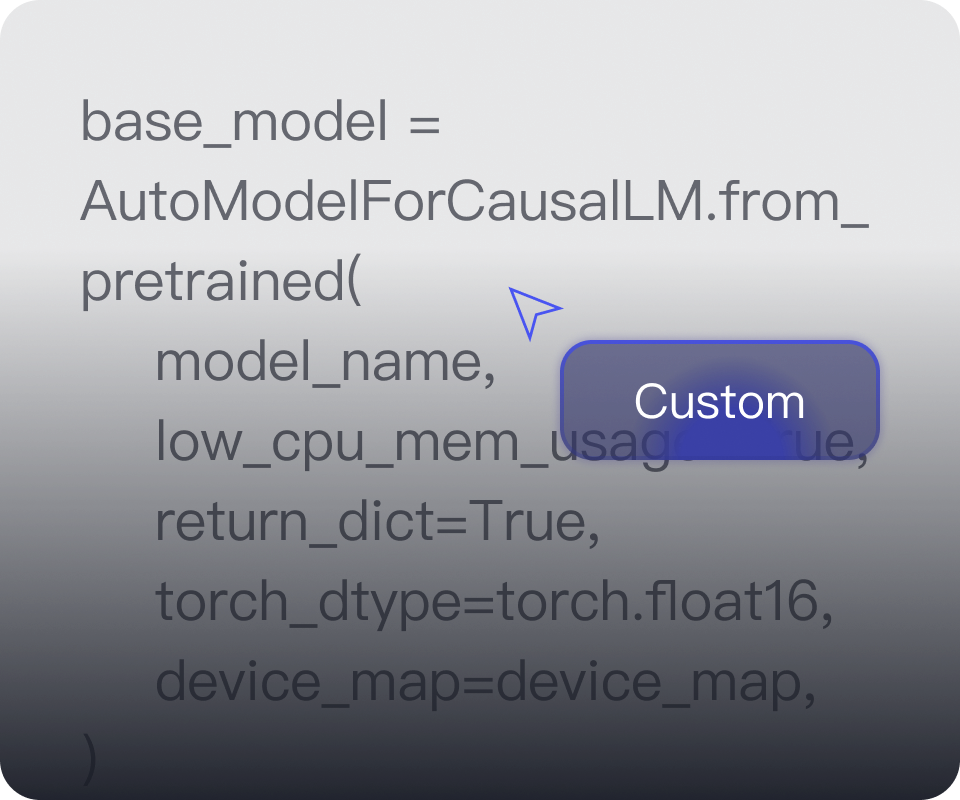
Continuous Self-Evolution
Unibase enables AI agents to autonomously learn, adapt, and evolve, improving their intelligence and capabilities with every interaction.
Core Components
Use Cases
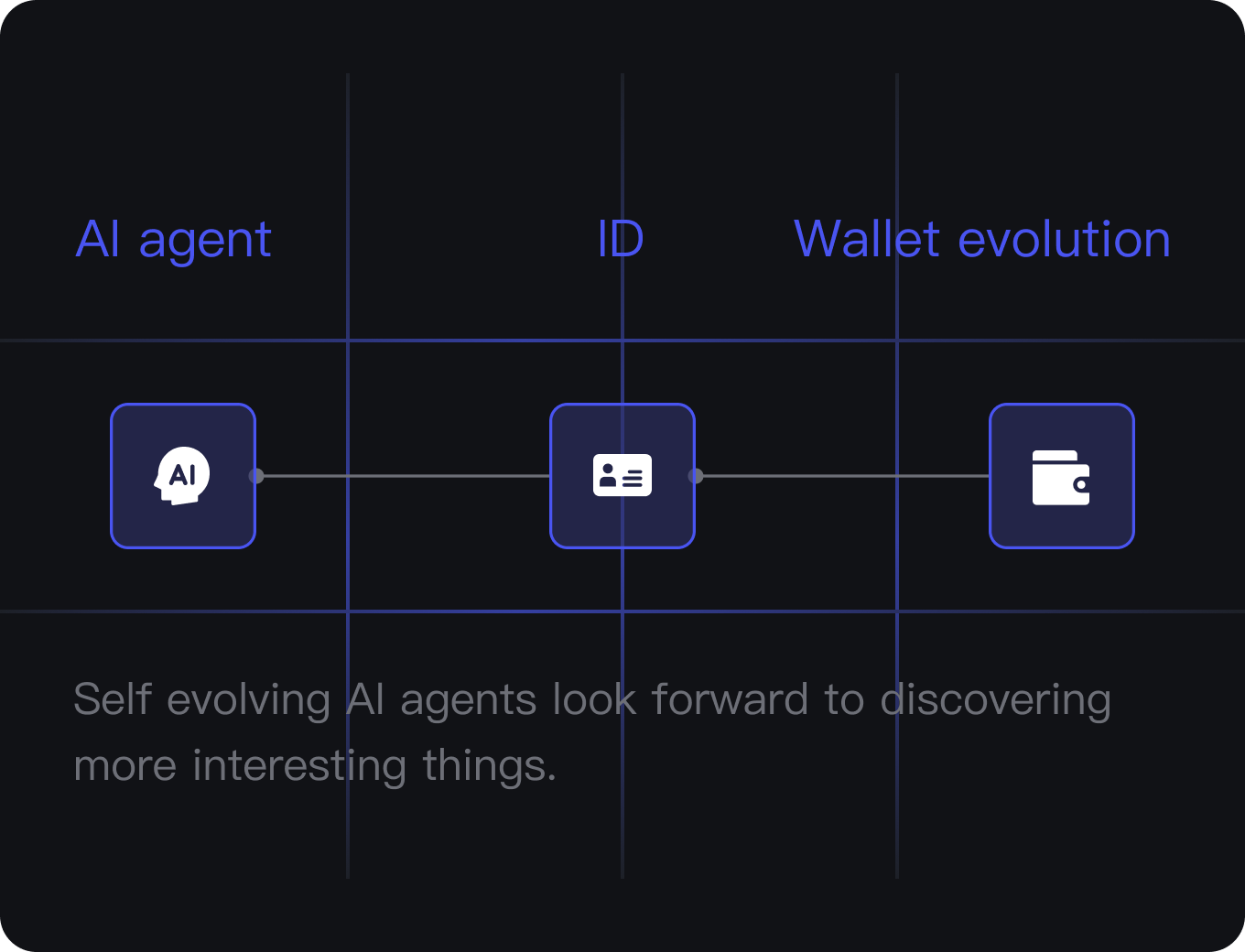
Personalized DeFi Agents
Agents evolve personalized trading strategies from user preferences.
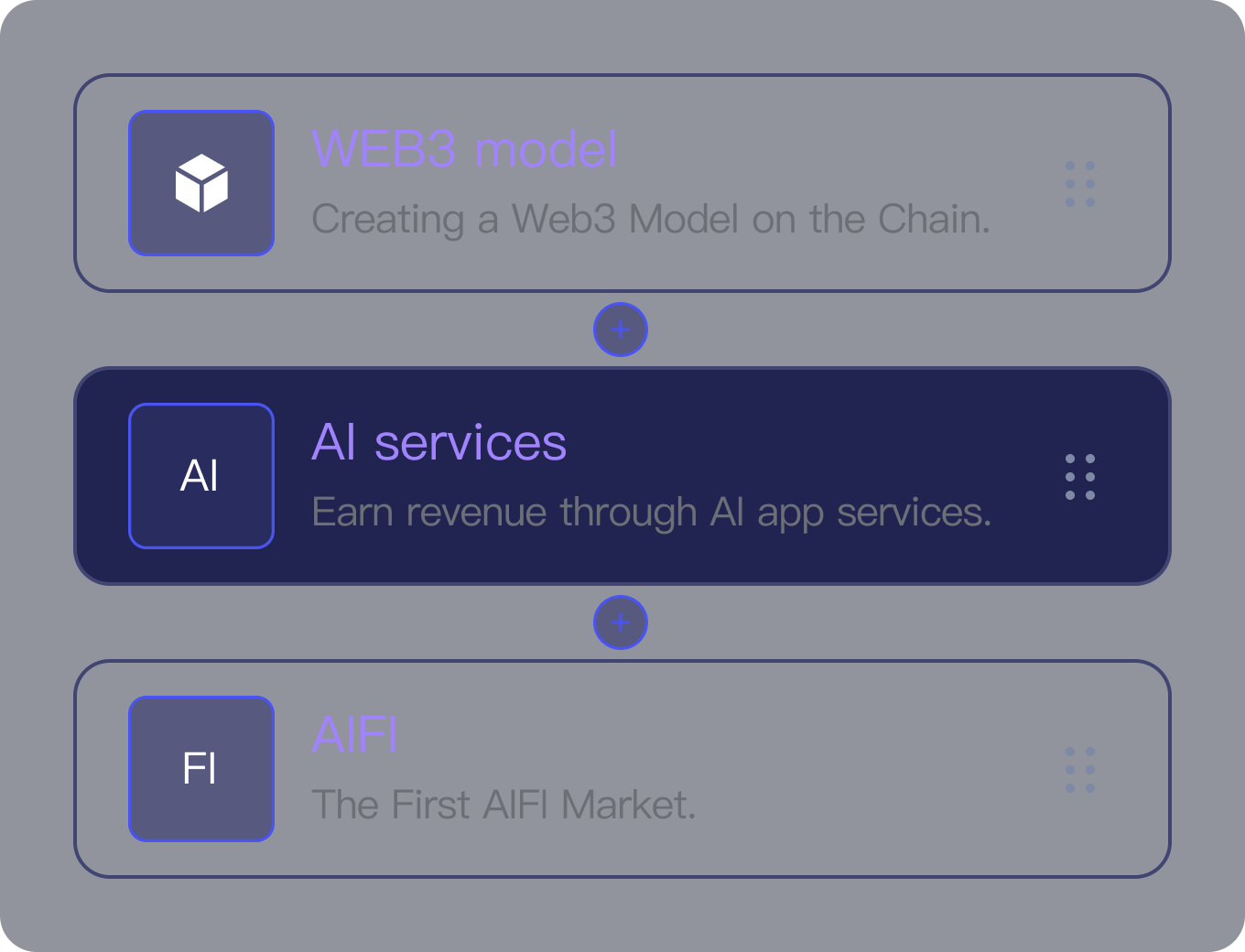
Multi-Agent Gaming
Real-time, multi-agent coordination in decentralized games.
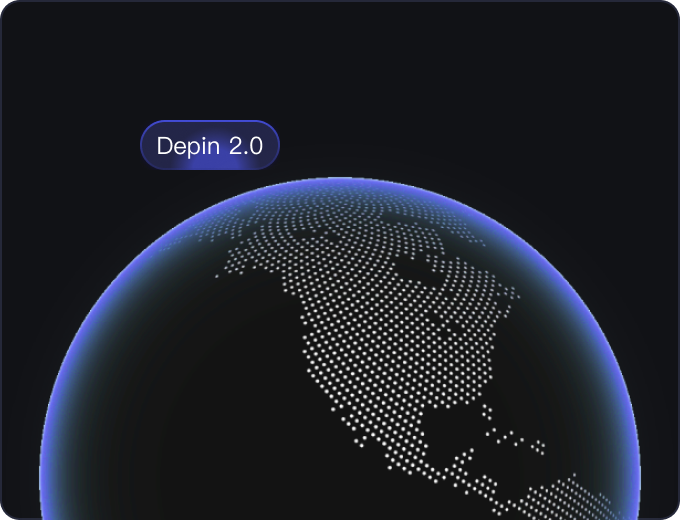
Knowledge Mining
Users earn tokens by contributing knowledge into open, shared memory.
How to Participate
For Developers
Build decentralized, interoperable AI agents using AIP and connect to Unibase’s memory and DA layers.
For Users
Create your own on-chain AI agent and earn tokens by contributing knowledge and preferences.
For Miners
Run storage and DA nodes to support the Unibase network and earn infrastructure rewards.
For Investors
Join Unibase’s fair launch and help shape the Web3-native AI infrastructure through DAO participation.
